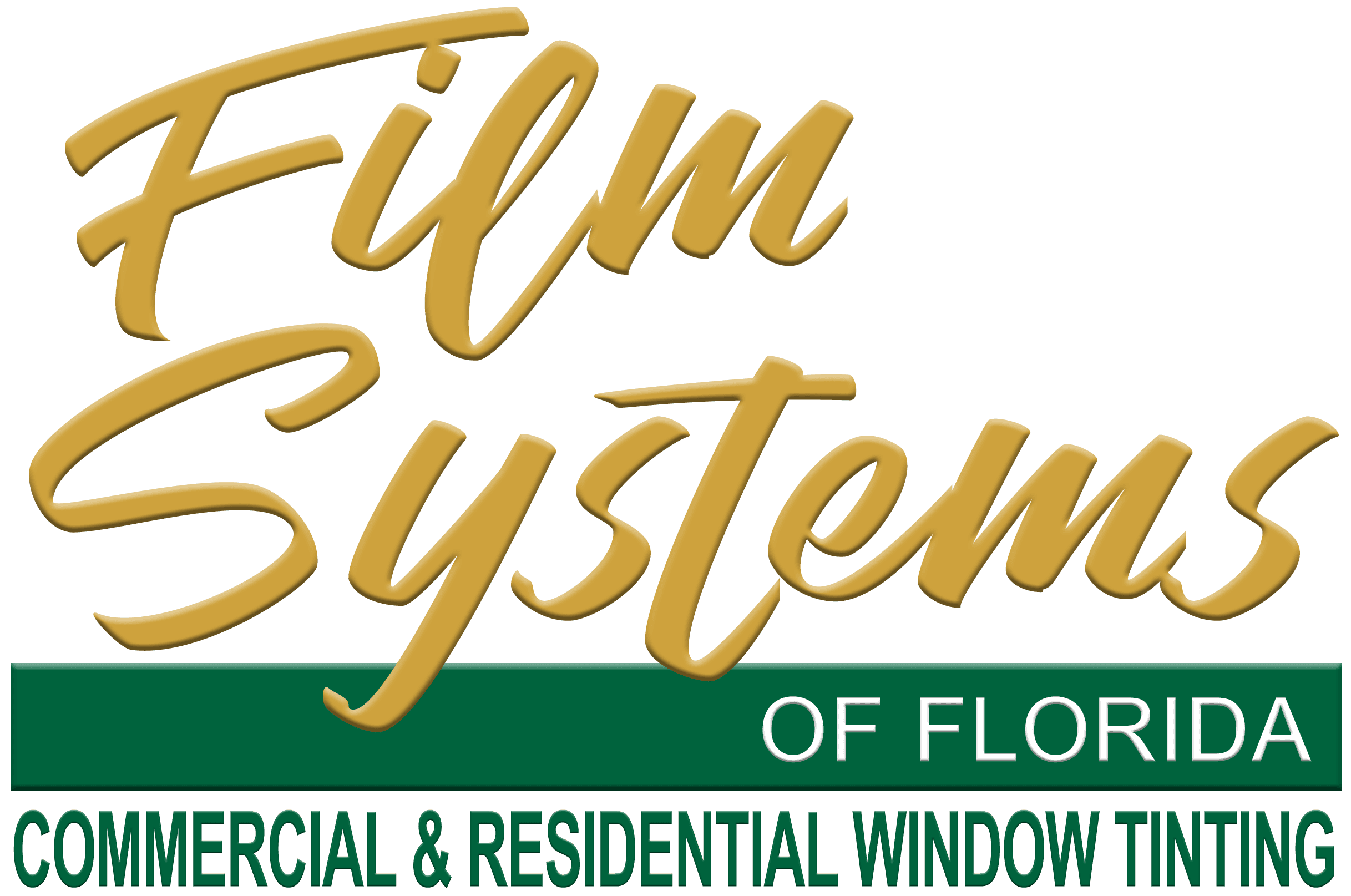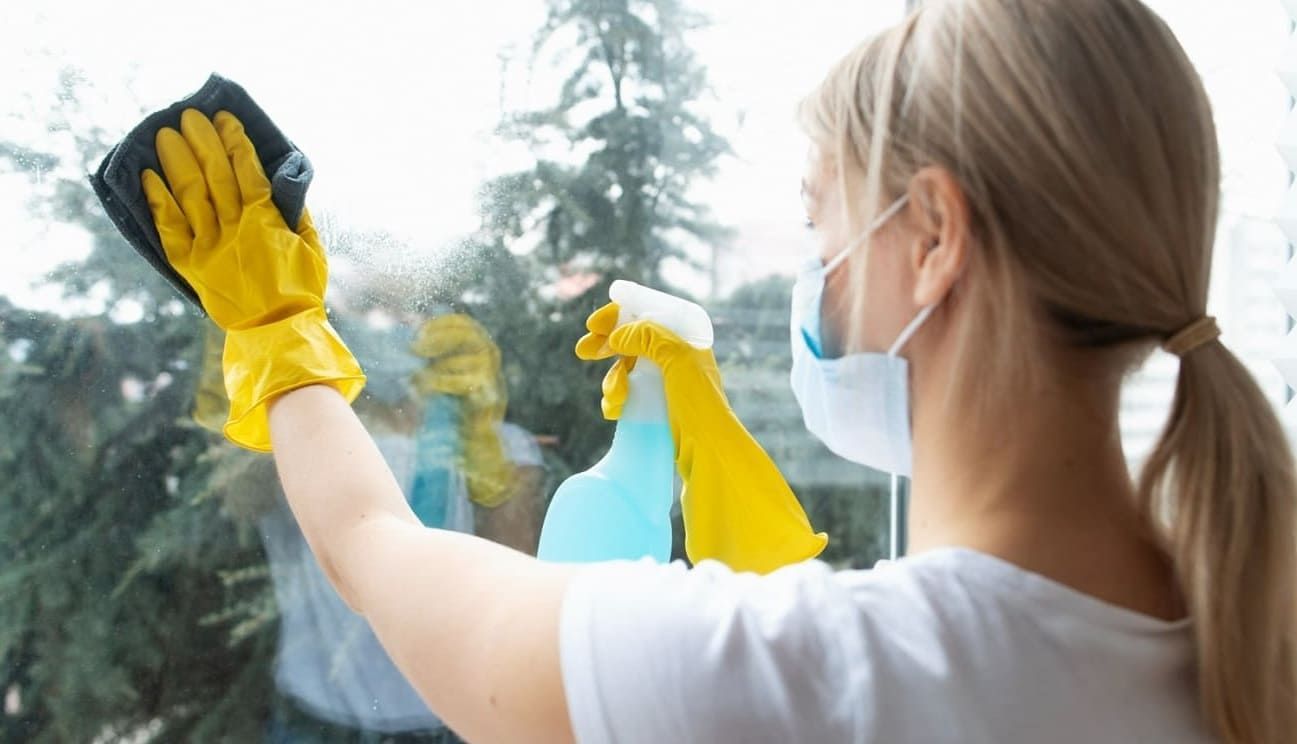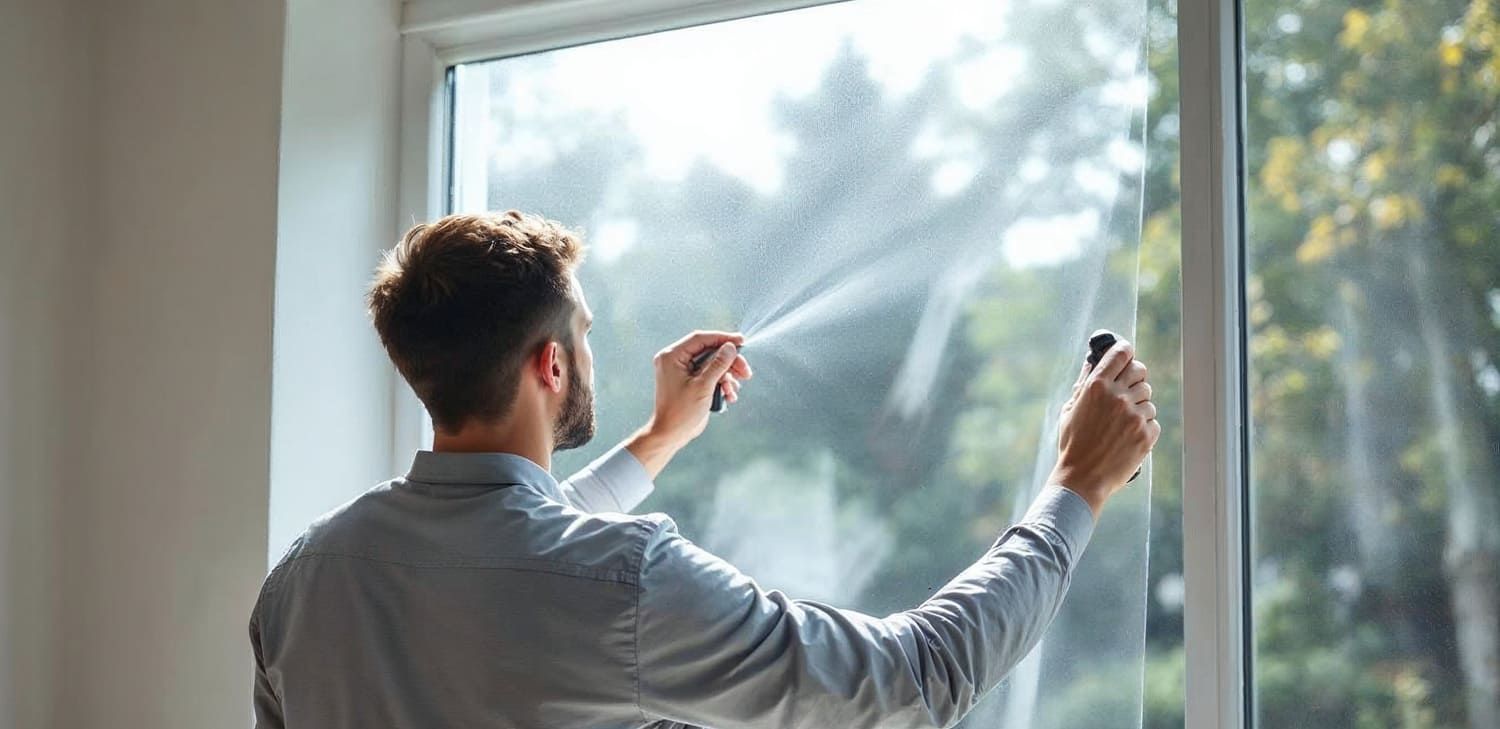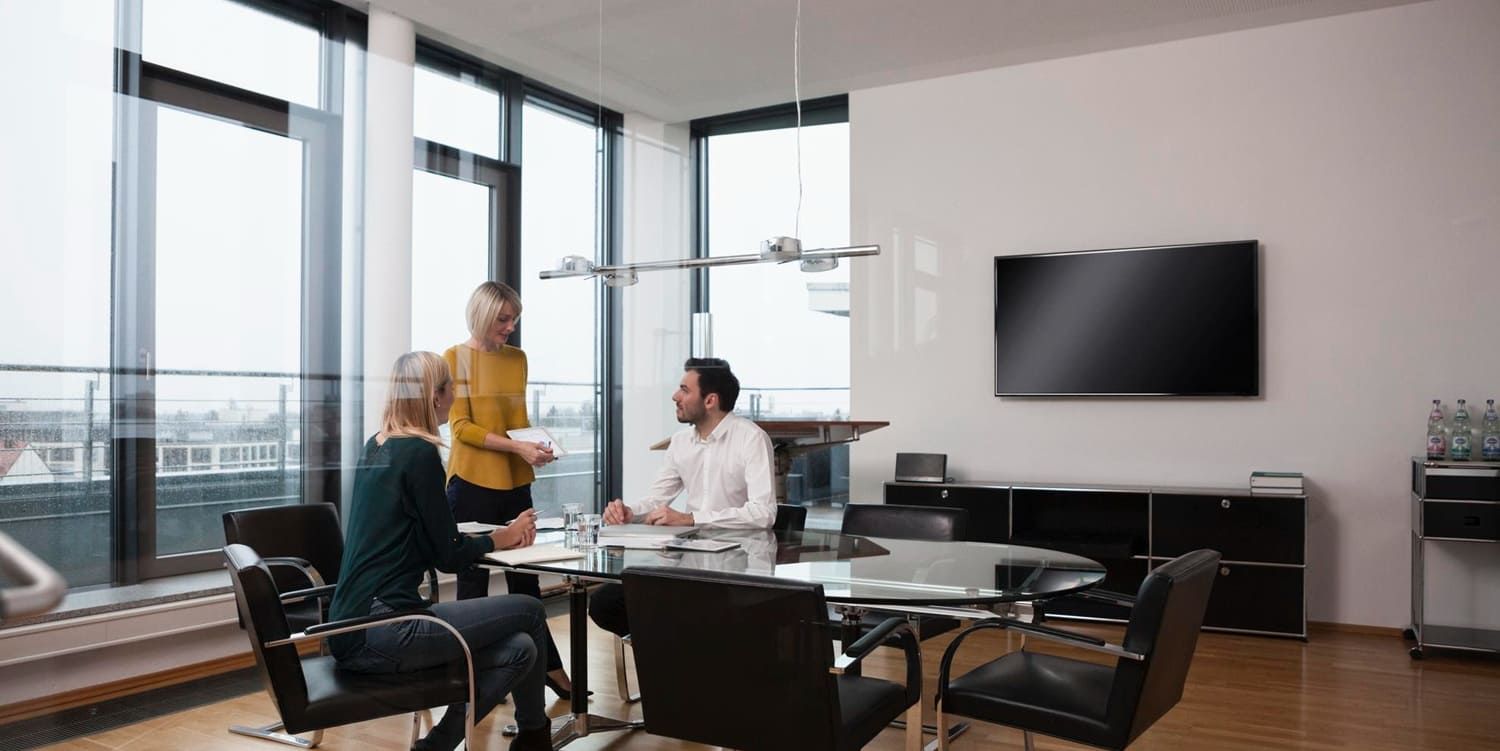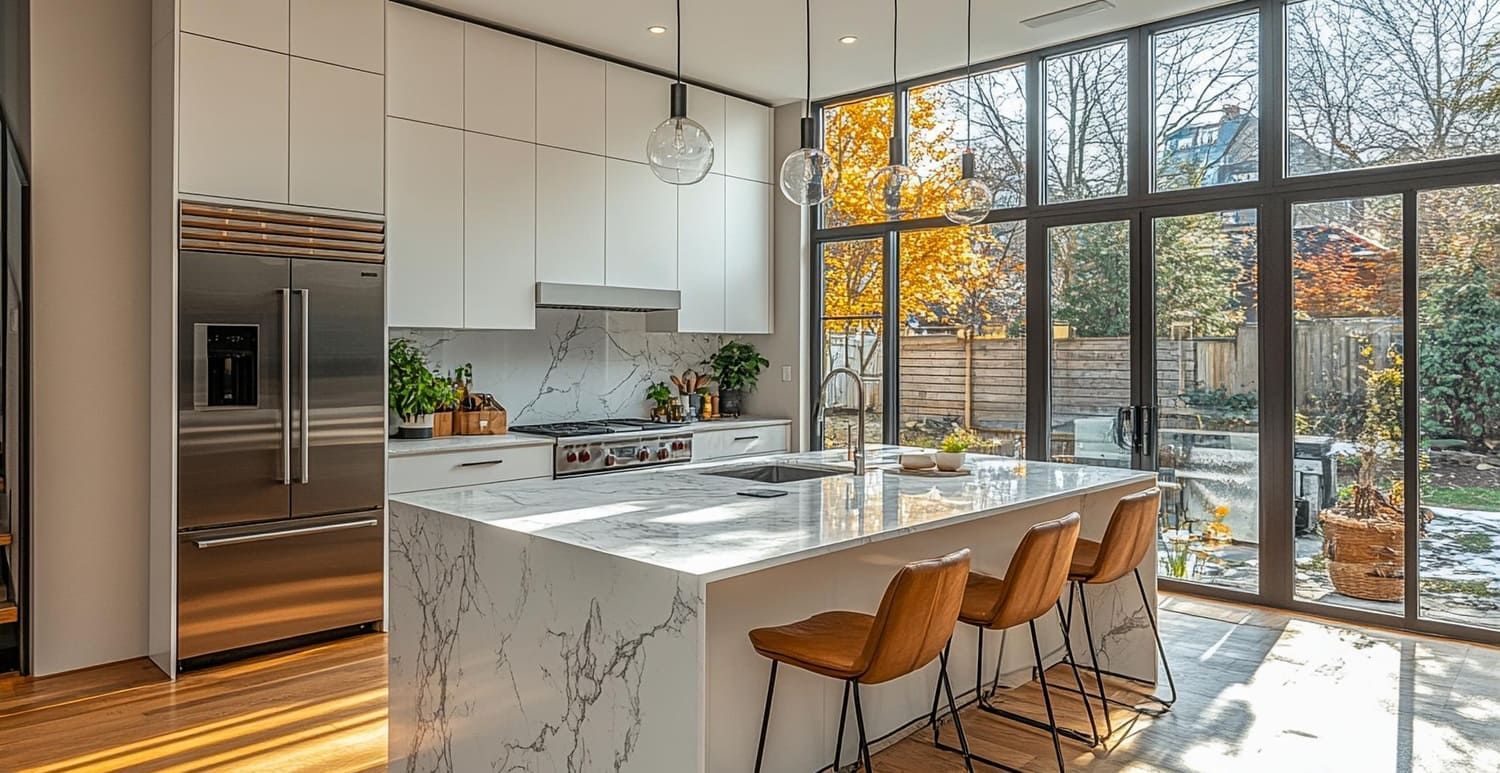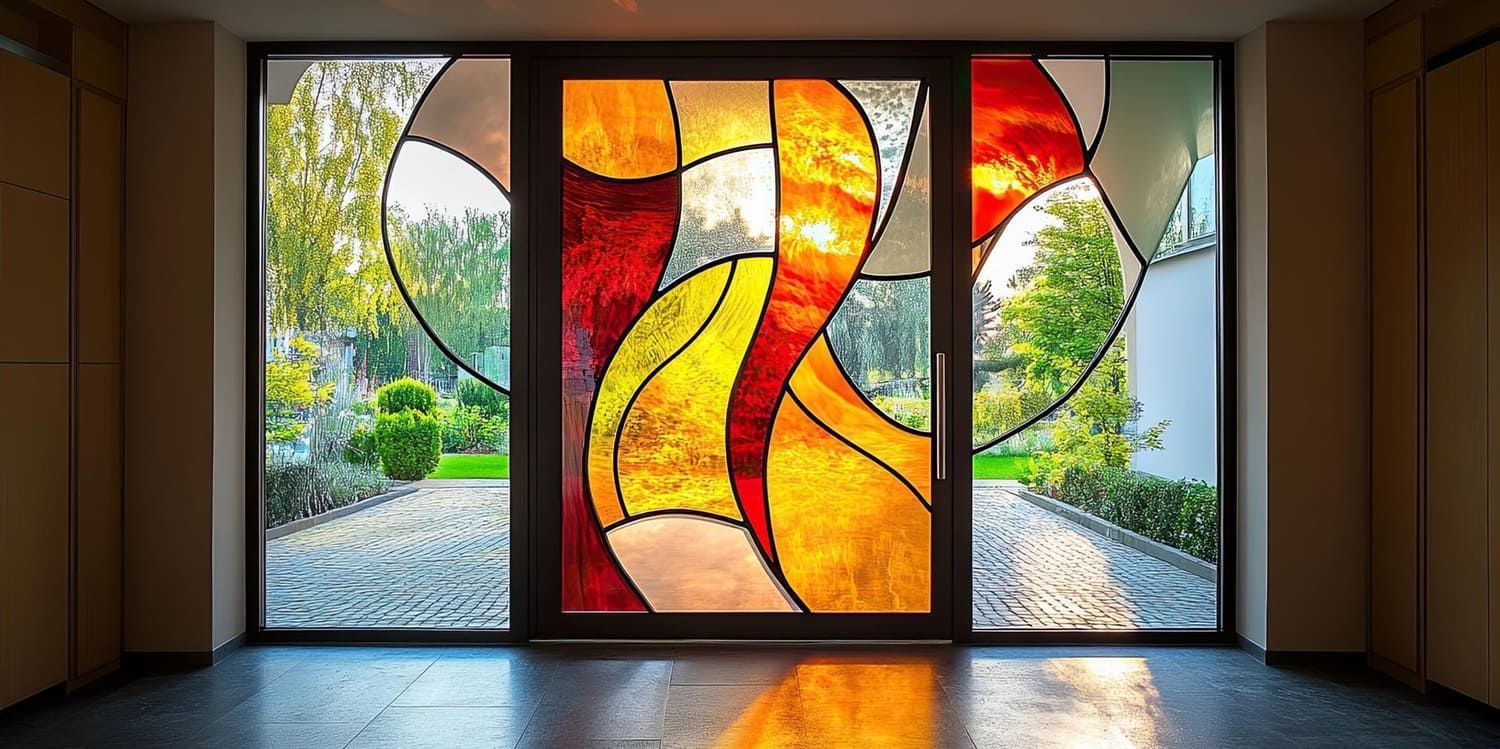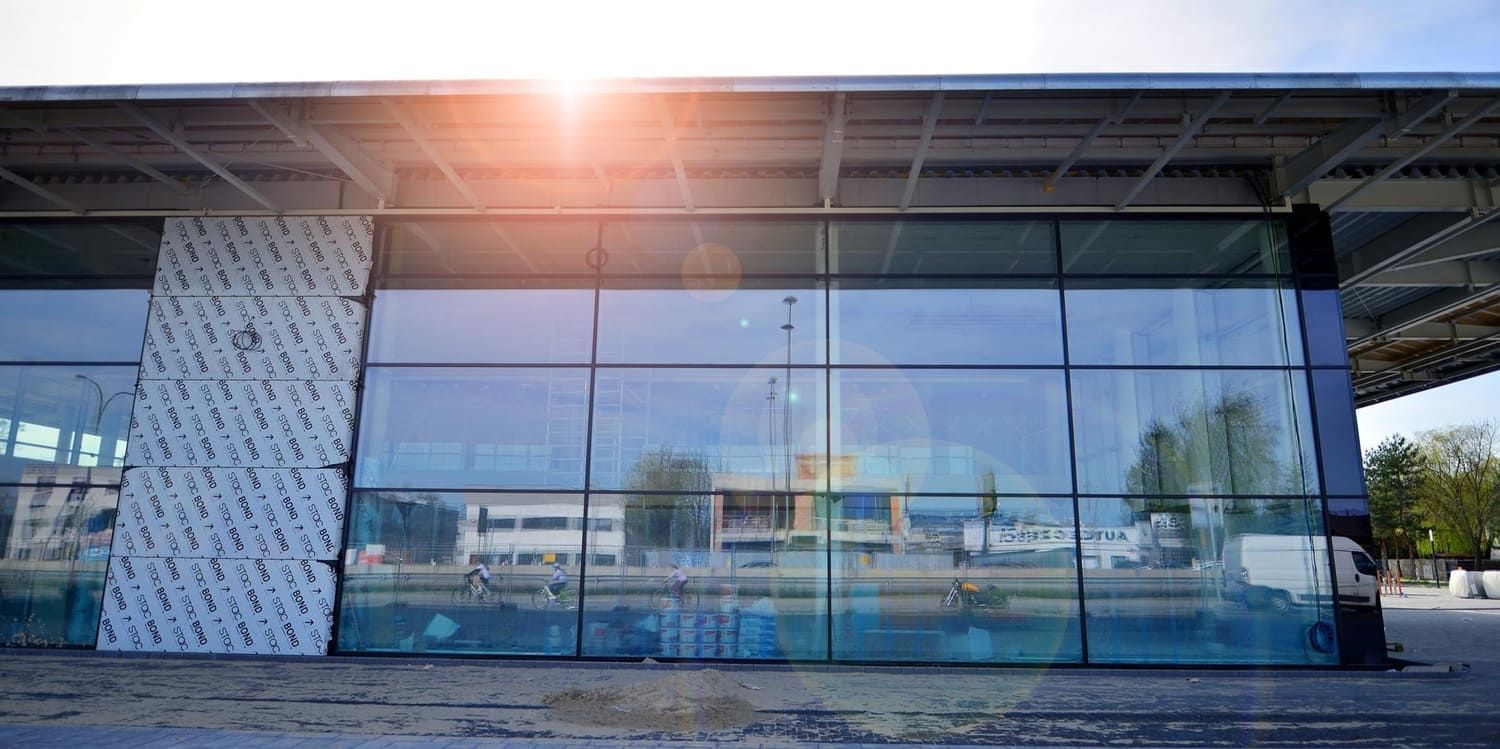THE BEST IN RESIDENTIAL AND COMMERCIAL WINDOW TINTING
The Harmful Effects of UV Rays
While you may have heard that UV and UVB exposure is dangerous, what exactly are the harmful effects of UV rays and how can you mitigate the effects?

Don't forget to put on sunscreen. Don't go out in the sun between 10 am and 2 pm. Wear a wide-brimmed hat, wear sunglasses, wear long sleeves. Put window tinting on your windows.
We've all heard the advice about how to protect ourselves from the harmful effect of UV rays from the sun.
And for good reason. The sun is powerful. Each hour the earth receives 430 quintillion joules of energy from the sun. That's 430 with 18 zeros following it. That's more energy than the total energy use of all humans on the planet in a year!
While that's fantastic news for solar energy proponents (and anyone else who doesn't want to live on a dark planet) the UV radiation that comes along with it can cause serious problems.
Keep reading to learn about the harmful effects of UV rays and what you can do to protect yourself!
Types of UV Radiation
First of all, it's important to understand that not all UV radiation is the same. There are three distinct types, each with their own specific properties. Let's take a closer look at them here.
UVA Rays
UVA rays account for about 95% of all light rays that reach the earth. The wavelengths of this type of light are long and this type of light carries the least amount of energy of all the types of UV light. As a result, UVA rays don't cause the painful sunburns that we all remember so well from going on vacation.
They do contribute to premature aging, however. UVA encourages the development of sunspots and wrinkles and can cause skin cells to age. It is also possible that they contribute to the development of some types of skin cancer.
UVB Rays
UVB rays contain more energy than UVA rays. Broad-spectrum sunscreens protect against all types of UV rays, though UVB is particularly concerning.
With their stronger energy, UVB rays can damage the DNA in skin cells and are responsible for sunburns. They are also thought to be the biggest culprits when it comes to skin cancer.
Thankfully, even SPF 15 when used correctly blocks 93% of UVB rays. This rises to 98% when using SPF 50.
However, for all its dangers, sunlight is also good for you. UVB rays stimulate the production of vitamin D in the skin. A vitamin D deficiency can contribute to a number of health problems and diseases.
The strength of UV rays can vary depending on a number of factors (more on that below). As such, there isn't an official recommendation of how much time you should spend in the sun to get sufficient vitamin D. Experts suggest that it doesn't take much. Only 15 minutes of moderately strong sun exposure should do the trick for most people.
UVC Rays
UVC rays are the most energetic of the three and therefore the strongest. With the damage that UVB can do, we should be thankful that UVC rays don't make it through the atmosphere.
UVC rays with their short wavelengths react with the ozone in the atmosphere and are absorbed before reaching the earth. However, you can be exposed to manmade sources of UVC rays. These include welding torches, mercury lamps, and some old-style tanning beds (though the new ones mostly use UVA rays).
Factors Affecting the Strength of UV Rays
Several factors affect the strength of UV rays. Because the equator is closer to the sun, folks living there are exposed to the strongest rays year-round. For everyone else, strength varies by season with summer providing the strongest rays. Here in Florida, we get a pretty steady stream of exposure to UV radiation for much of the year.
Similarly, mountains bring you closer to the sun, increasing the strength of the rays. Many an unwary skier has returned from a trip to the mountains with a sunburned face, not having thought to wear sun protection in the cold.
Reflections off of snow and water can also increase your exposure. It's also important to note that while clouds can affect the passage of UV rays, they can still make it through. This means you still need sunscreen when it's cloudy outside.
Other Health Effects of UV Radiation
Though skin cancer tends to get the most attention, it's not the only negative health effect of UV radiation. They can also inflame or even burn the corneas, the front part of the eyes.
Some people can develop cataracts which are a clouding of the lens in the eye. Others may develop pterygium which is an abnormal growth of tissue on the surface of the eye. Both of these issues can drastically impair vision.
Mitigate the Harmful Effects of UV Rays
Thankfully there are many ways that you can protect yourself from and mitigate the harmful effects of UV rays. Cover up your skin when you go outdoors, avoid being outside during the middle of the day when the rays are the strongest or stay in the shade as much as possible.
Use sunglasses, sunscreen, lip balm with SPF, and a hat to protect your face and eyes from exposure.
Don't forget that you can be exposed to UV rays while indoors or inside your car. Ordinary window glass does little to stop UV rays from passing through. However, to keep yourself safe, you can apply window tinting designed to block UV rays. Home window tinting will protect you and your family, and commercial window tinting will protect your office and your tenants.
As a bonus, your furniture won't fade nearly as fast since UV radiation is the culprit in that as well.
Looking for window tinting options to keep you and your family safe? Contact us here at Film Systems of Florida today! We're happy to answer any questions and provide you with a free estimate for protecting your home.
